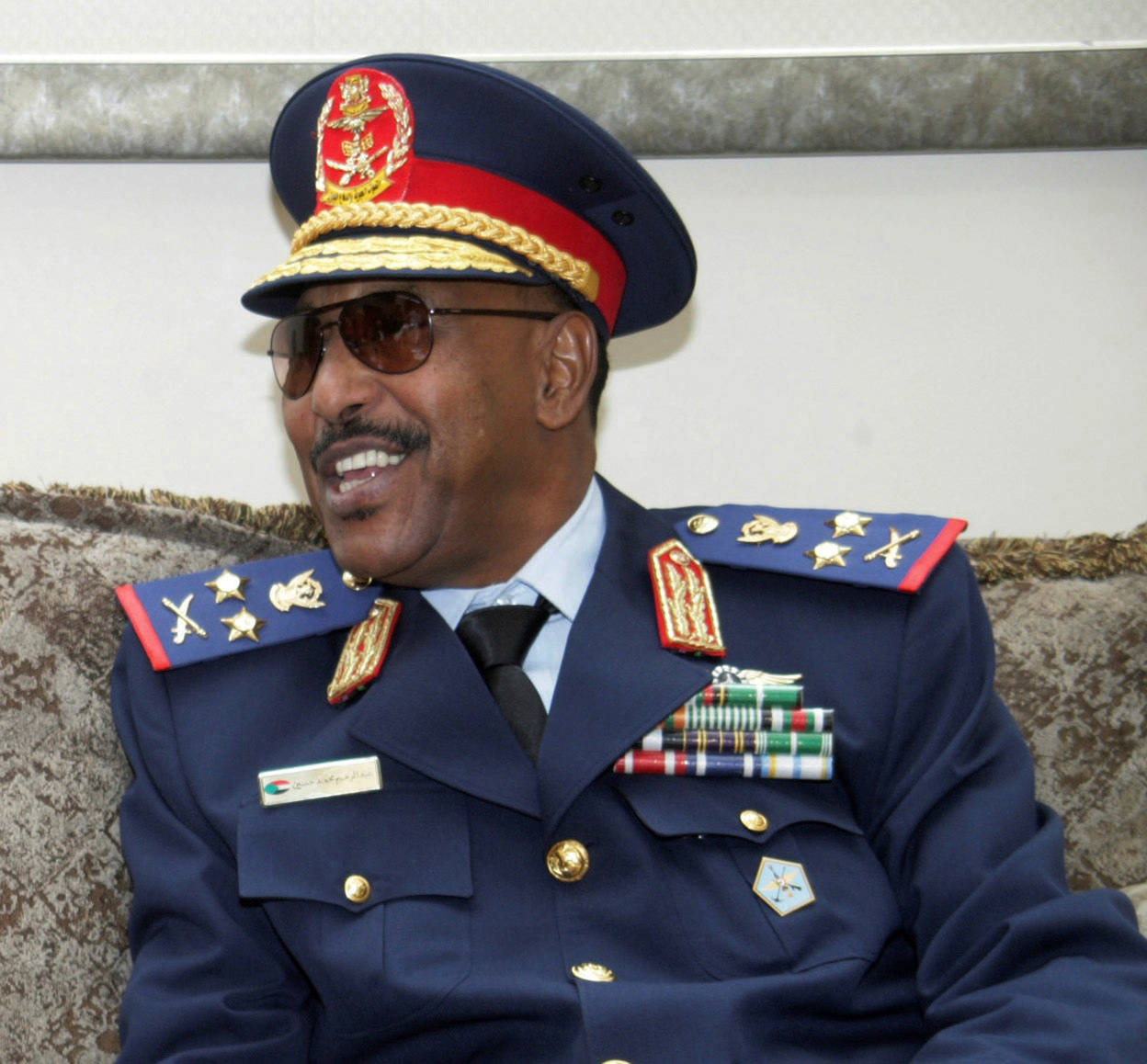
On March 1, Pre-Trial Chamber I of the International Criminal Court, or ICC, issued an arrest warrant for the Sudanese Defense Minister First Lieutenant-General Abdelrahim Mohamed Hussein on 41 counts of war crimes and crimes against humanity—including murder, rape, forcible transfer, torture, destruction of property, pillaging, and attacks against civilians—committed in the Darfur region of Sudan.
The Enough Project supported the Office of the Prosecutor's initial request for an arrest warrant in December of 2011, and is encouraged by the Court's decision to move forward with the case and issue the arrest warrant for General Hussein. Three other individuals who are also the subjects of arrest warrants related to crimes against humanity and war crimes in Darfur, including Sudanese President Omar al-Bashir, still remain at large.
The Sudanese foreign ministry sought to downplay the approval of Hussein’s arrest warrant by stating, "We are not concerned with the court and the decisions that come out of it. We, like the United States and Russia, are not signatories to the Rome Statute governing the court."
Notwithstanding this statement, the U.N. Security Council referred the situation in Darfur to the ICC with a total of 11 members—including Russia—voting in favor, and four members—including the United States—abstaining. Security Council Resolution 1593, which referred the case of Darfur to the Court, was adopted under Chapter VII of the U.N. Charter, and is legally binding on all U.N. member states. It requires member states to cooperate with the Court, and carry out the arrest warrants issued.
2011 marked a banner year for the ICC and the Court’s clear stance on the situation in Darfur is an encouraging sign for further progress in the fight against impunity for gross violations of human rights. The issuing of yet another warrant for a high-ranking Sudanese official will help spotlight the fact that these alleged war criminals still hold the reins of political and military power in Sudan.
The warrant for Hussein’s arrest notes:
“[T]here are reasonable grounds to believe that a common plan was formulated at the highest levels of the Government of the Republic of the Sudan to carry out a counter-insurgency campaign against the SLM/A, the JEM and other armed groups opposing the Government, [and] that a core component of the common plan was an unlawful attack on that part of the civilian population perceived by the Government of the Republic of the Sudan as being close to the rebel groups – belonging largely to the Fur,Masalit, and Zaghawa groups…”
Although the ICC jurisdiction in Sudan is currently limited to crimes in Darfur, chillingly, it appears the Government of Sudan is adopting the same “common plan” tactics in South Kordofan and Blue Nile states, a fact that Enough analyzed in our recent fact sheet about General Hussein. In South Kordofan and Blue Nile, as in Darfur, the Sudanese Armed Forces and associated militias are attacking civilian populations thought to be aligned with the rebels, causing forced displacement, rampant food insecurity, arbitrary arrest and detention, and high numbers of civilian casualties and death. Therefore the Enough Project urges the expansion of the ICC’s mandate to include the investigation of crimes taking place in other parts of Sudan outside of Darfur.
Read Enough's fact sheet about General Hussein.
Photo: Sudanese Defense Minister Abdel Raheem Mohamed Hussein (Associated Press)

